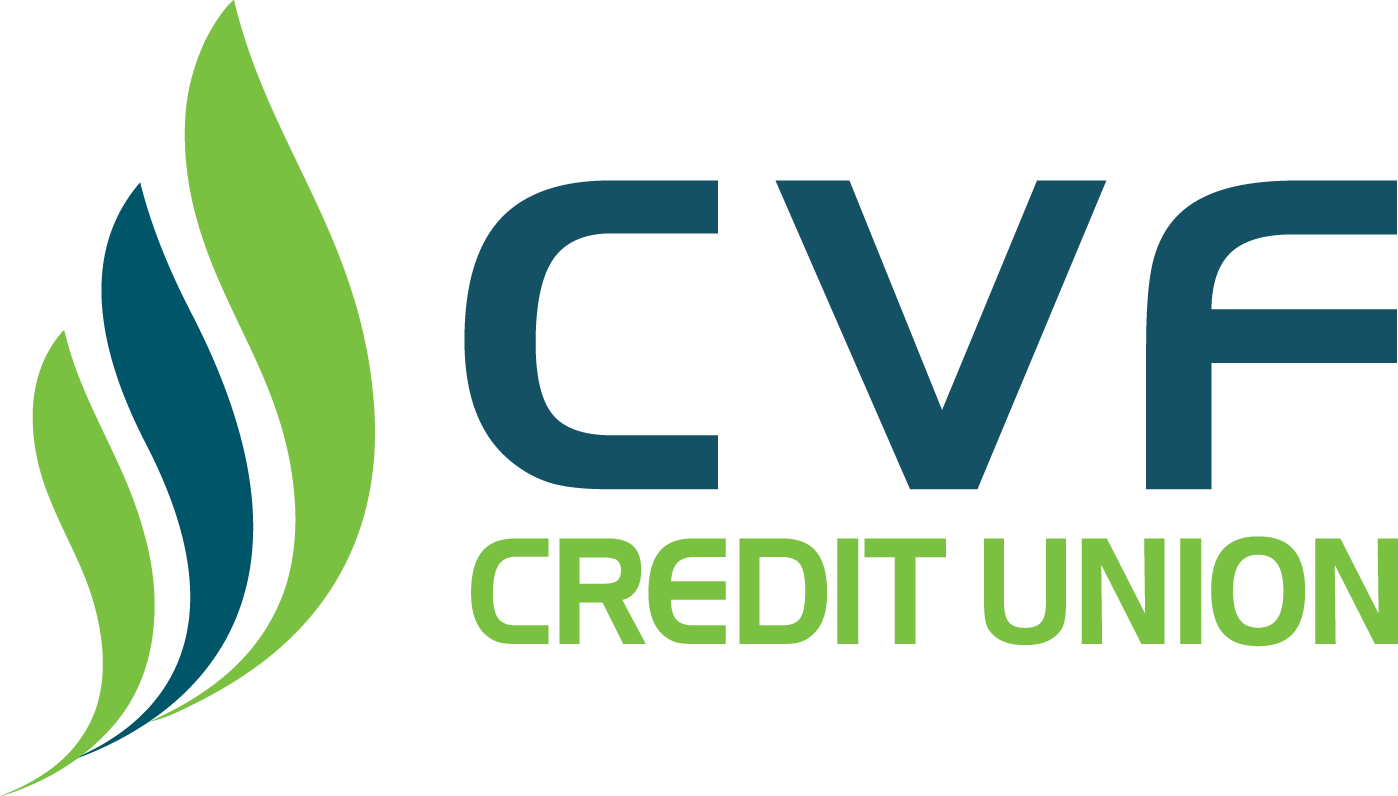
Health Savings Accounts 101: The Complete Beginner’s Guide
Healthcare expenses can be a major source of stress and uncertainty for many Americans.
Whether you have a chronic condition, an unexpected illness, or a routine checkup, you may face high deductibles, copays, and coinsurance that can drain your budget.
Fortunately, there is a way to save money and gain more control over your healthcare spending: a health savings account (HSA).
What Is an HSA, And How Does It Work?
An HSA is a special savings account that lets you set aside pre-tax dollars for qualified medical expenses.
You can use your HSA funds to pay for doctor visits, prescriptions, dental care, vision care, and more.
You can also save your HSA funds for future medical needs, such as retirement healthcare costs.
You can open an HSA if you have a high-deductible health plan (HDHP). This health insurance plan has a lower monthly premium but a higher annual deductible than most other plans.
The deductible is paid out of pocket before your insurance kicks in.
What Are the Benefits of an HSA?
An HSA has several advantages over other savings accounts:
- Tax savings: You can contribute money to your HSA before taxes, which lowers your taxable income and saves you money on your tax bill.
- Investment opportunity: You can invest your HSA funds in various options, such as stocks, bonds, or mutual funds, and enjoy tax-free growth on your earnings.
- Flexibility: You can withdraw money from your HSA tax-free if you use it for qualified medical expenses, like copays, prescriptions, dental care, vision care, and more.
- Portability: You can keep your HSA funds even if you change jobs, switch health plans, or retire. Your HSA is yours to keep and use as long as you live.
- Longevity: You can use your HSA funds for non-medical expenses after 65 without paying a penalty. However, you will have to pay income taxes on those withdrawals.
How Much Can You Contribute to an HSA?
The IRS sets the annual limits for how much you can contribute to your HSA.
- The maximum contributions for the 2022 tax year are $3,650 for individuals and $7,300 for families.
- The maximum contributions for the 2023 tax year are $3,850 for individuals and $7,750 for families.
- If you are 55 or older, you can add an extra $1,000 as a catch-up contribution.
You can contribute to your HSA throughout the year through payroll deductions or direct deposits.
You can also receive contributions from your employer, spouse, or anyone who wants to help you save on healthcare costs.
However, the total amount of contributions cannot exceed the annual limit.
What Are the Most Important HSA Rules?
If you open an HSA, there are some important rules about using your account you should know.
- You can only open and contribute to an HSA if you meet the eligibility criteria. If you lose HDHP coverage, you can no longer make new contributions to your HSA. But you can still use your existing funds for qualified medical expenses.
- You can only use your HSA funds for qualified medical expenses as defined by the IRS. These include expenses primarily for preventing or treating a physical or mental defect or illness.
- You must track and report your HAS contributions and withdrawals on your tax return.
- You must keep receipts and records of your qualified medical expenses in case the IRS audits you. You do not need to submit these documents with your tax return, but you should keep them for at least three years after you file.
- You can change your HSA contribution at any time during the year if you do not exceed the annual limit.
HSA vs. FSA vs. PPO
An HSA is not the only account that can help you pay for healthcare expenses. You may also have heard of flexible spending accounts (FSAs) and preferred provider organizations (PPOs).
How do they compare to HSAs?
Flexible Spending Accounts (FSAs)
An FSA is another tax-advantaged account that lets you set aside pre-tax dollars for qualified medical expenses.
However, unlike an HSA, an FSA is only available through an employer-sponsored plan and does not require you to have an HDHP.
An FSA also has lower contribution limits than an HSA and does not allow rollovers of unused funds.
It is best suited for people who have predictable healthcare costs and want to reduce their taxable income.
Preferred Provider Organizations (PPOs)
A PPO is a health insurance plan that offers more flexibility and choice than an HDHP.
It has a network of preferred providers that charge lower rates for their services. You can also see out-of-network providers for an additional fee.
A PPO has higher monthly premiums but lower deductibles and copays than an HDHP.
This healthcare plan does not allow you to open an HSA or any other tax-advantaged account.
It’s best suited for people who need frequent or expensive medical care and want more options.
Final Thoughts
Getting your financial health in order can very quickly become a headache.
Luckily, there is a way around this.
We offer various products and services to help you achieve your financial goals, including checking and savings accounts, loans, credit cards, mortgages, and more.
We also provide digital banking tools that let you manage your money anytime, anywhere.
When you join CVF Credit Union, you become part of a family that cares about your well-being.
We are committed to providing exceptional service, competitive rates, and valuable benefits.
Contact us today to speak to our financial advisors.
We look forward to serving you!



